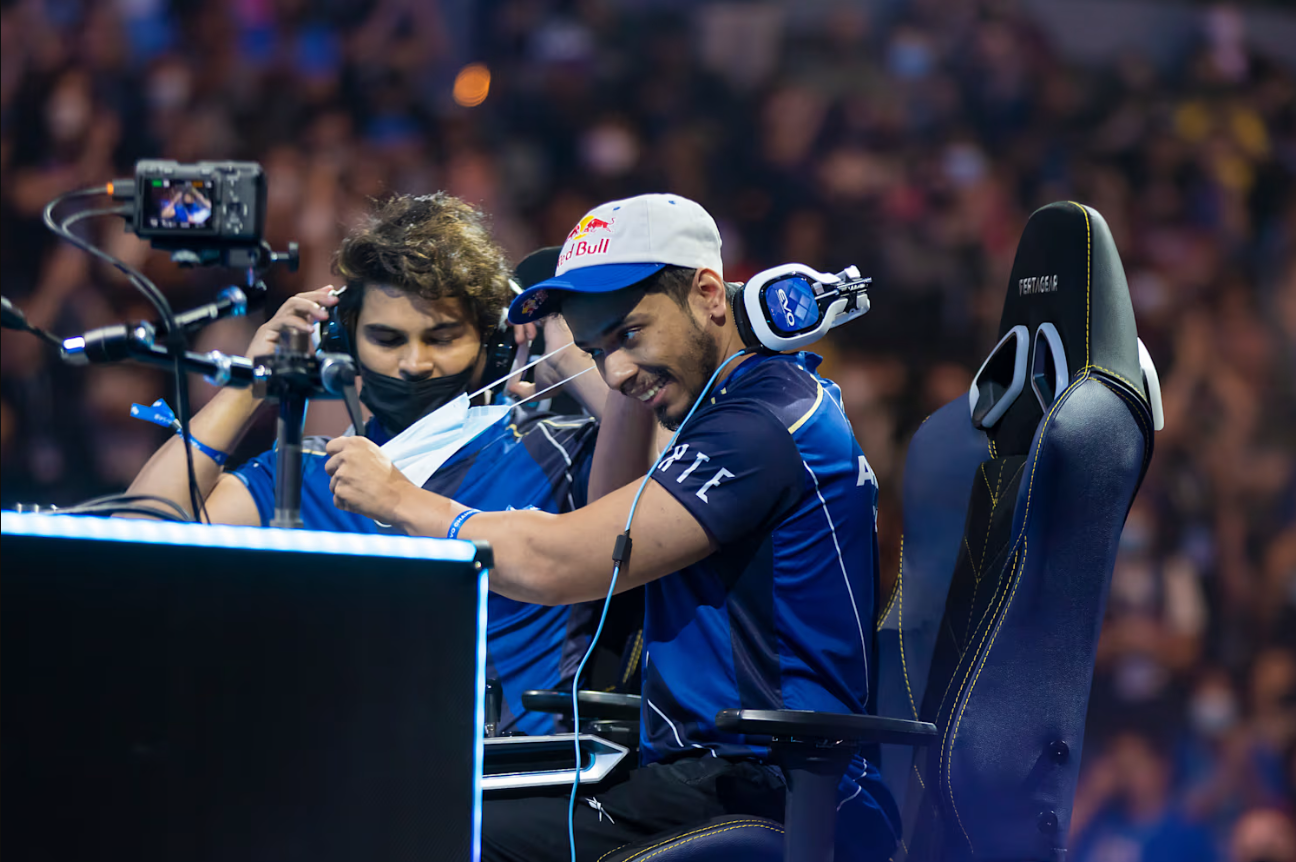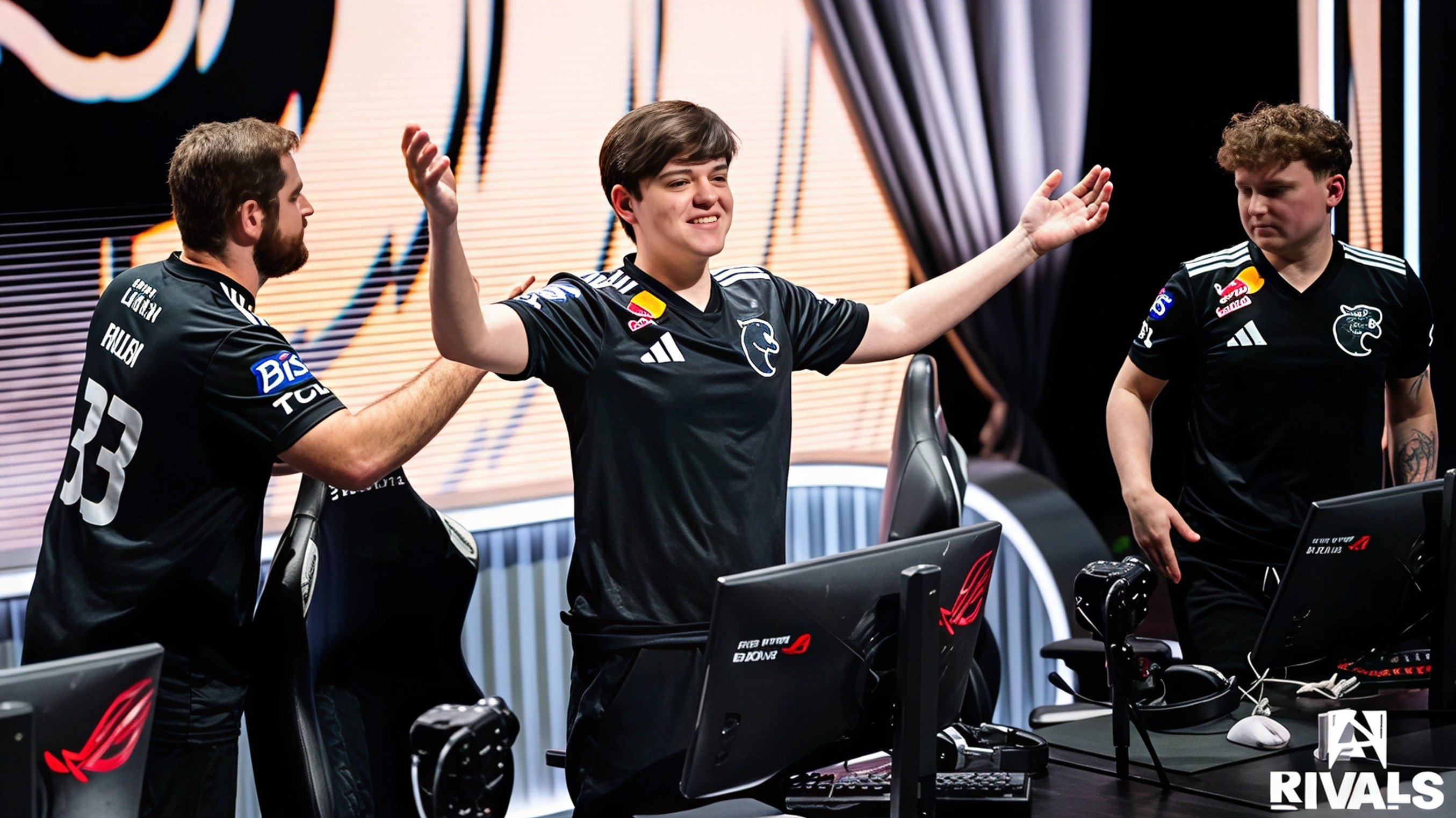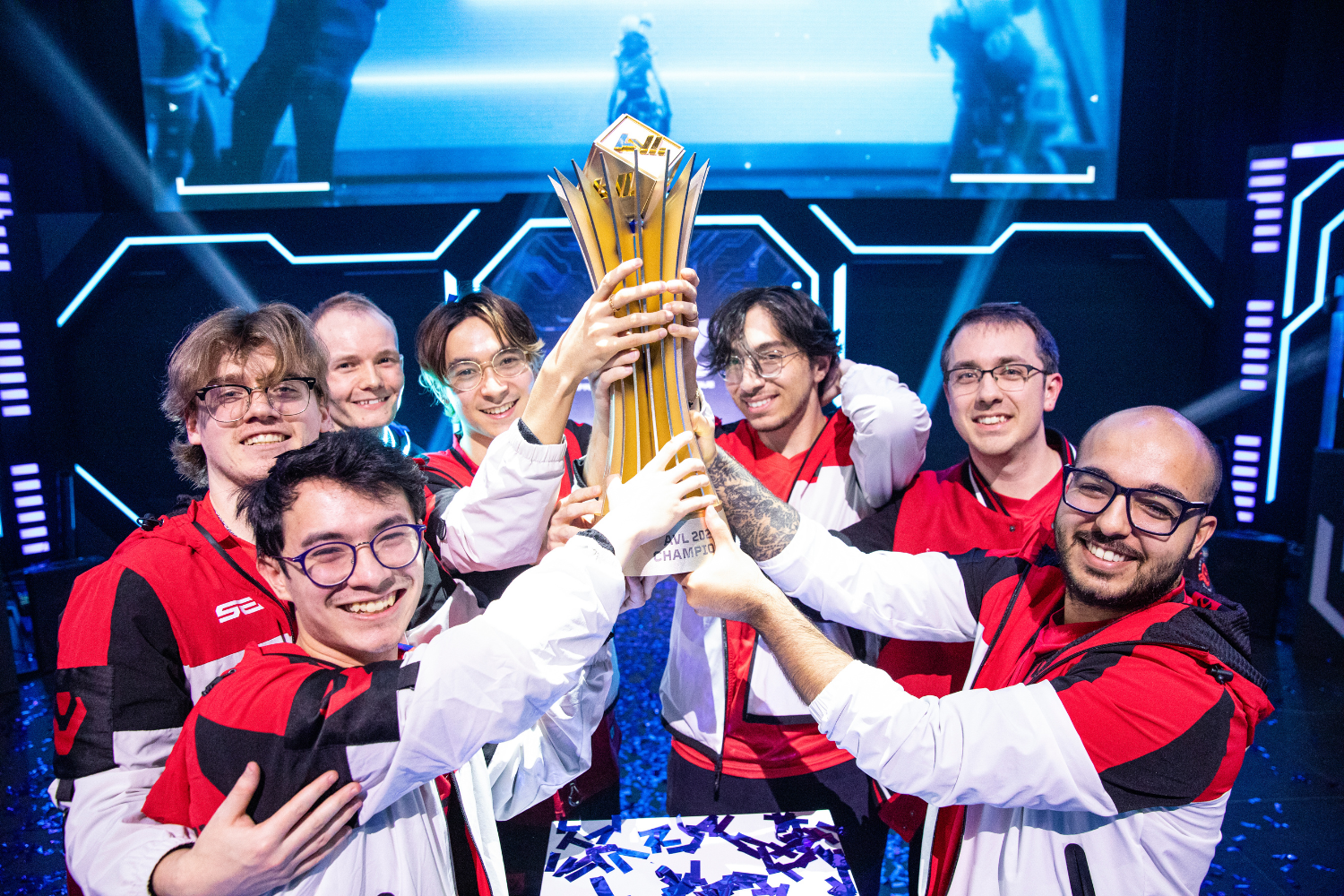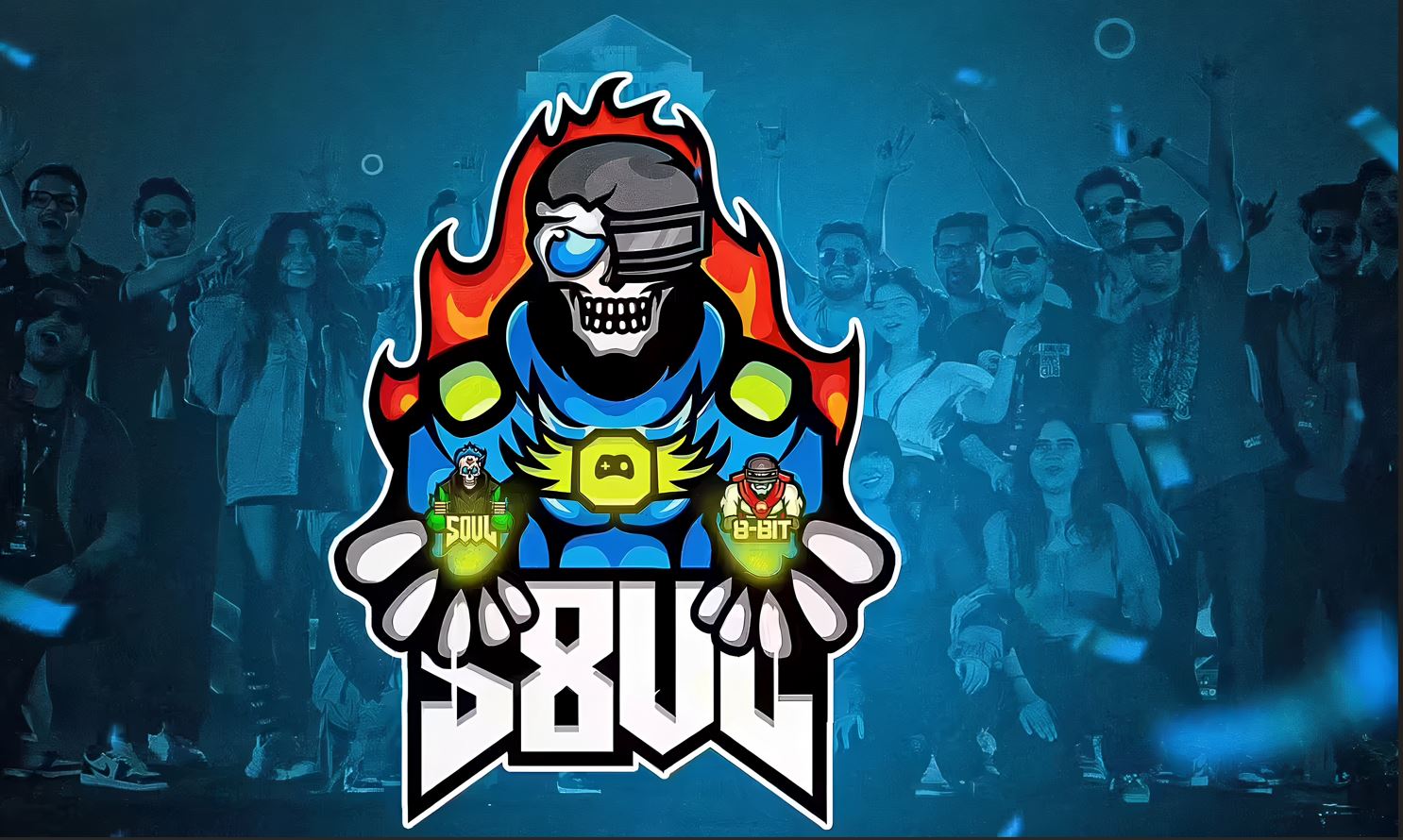One of the most decorated players in the history of competitive Tekken, Arslan Ash, has broken his silence following the International Esports Federation’s recent public statement confirming that he was banned for two years due to an anti doping violation. The case, which stems from a 2022 drug test during the World Esports Championship, has resurfaced in the spotlight after IESF officially stripped him of awards and prize money from that period.
According to the IESF, Arslan tested positive for anabolic steroids during the event held in December 2022. Though the organization follows the World Anti Doping Association’s guidelines, this ban shocked the fighting game community. Many fans and analysts questioned how such substances could affect performance in a game like Tekken, where strategic thinking and reflexes play a far more critical role than physical strength.
In response to the controversy, Arslan Ash gave a detailed statement to ProPakistani and later addressed fans on social media. He explained that he had no idea the supplements provided to him by a local gym trainer were actually steroids. He said he was trying to improve his physical health and stamina, not gain an unfair advantage in esports. He also made it clear that he immediately stopped using them once he understood what they were and that he has since educated himself about fitness and health.
“I want to be clear, this was never intentional,” Arslan stated. “I was misled, and unfortunately, like many others, became a victim of a gym culture where substances like these are sold casually, with zero guidance or education.”
His heartfelt explanation gained significant support from the wider community, especially since he emphasized that all his major victories, including multiple EVO titles, were achieved long before he began visiting the gym. “I’ve been winning international titles like EVO and many others long before I even stepped foot in a gym,” he added, reaffirming that his rise in the fighting game world has always been based on talent, discipline, and passion for the game.
Interestingly, the Esports Integrity Commission (ESIC) announced that it would not enforce IESF’s ruling, citing a lack of scientific evidence connecting anabolic steroid use to competitive advantage in esports. ESIC highlighted the need for a more tailored anti doping framework for esports, which considers the specific nature of gaming competitions instead of borrowing standards from traditional sports.
This case has sparked a wider conversation in the esports community about doping policies, their relevance, and how substances like steroids fit into a competitive environment that is primarily cognitive. While the IESF maintains a zero tolerance stance, ESIC’s reaction points to a growing divide on how anti doping rules should evolve in gaming’s rapidly expanding competitive scene.
Arslan Ash’s future remains bright. His ban officially ended in April 2025, and his legacy remains intact. As one of the most influential figures in Tekken’s history, he continues to inspire players worldwide and serves as a reminder that integrity, even in the face of misunderstanding, can resonate deeply in esports culture.
Follow Gaming Moves on Instagram and Facebook for more esports controversies, player statements, tournament updates, and exclusive insights into the biggest names in competitive gaming.








